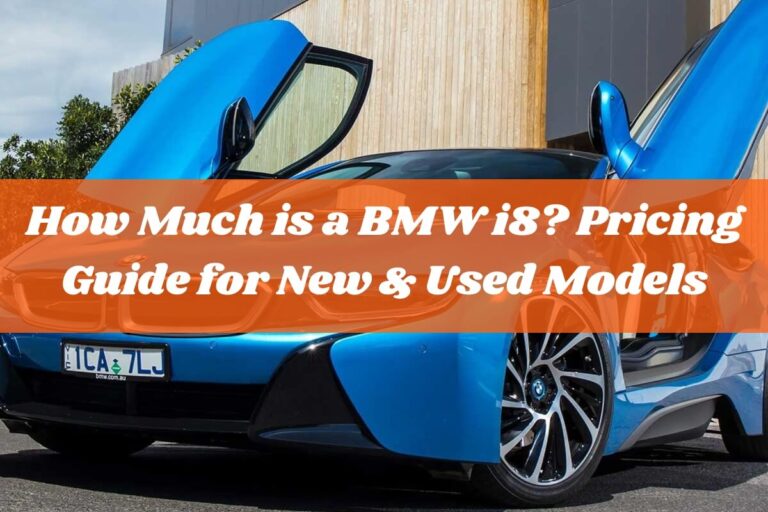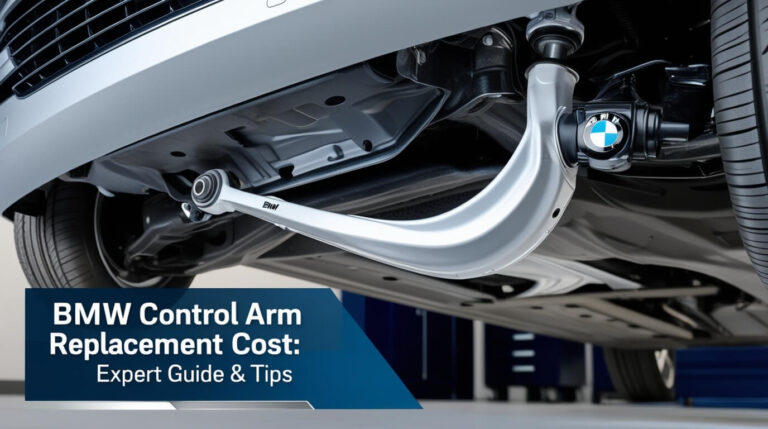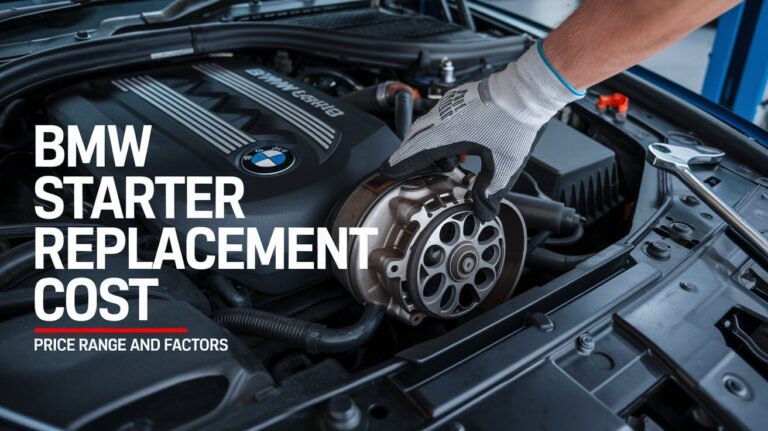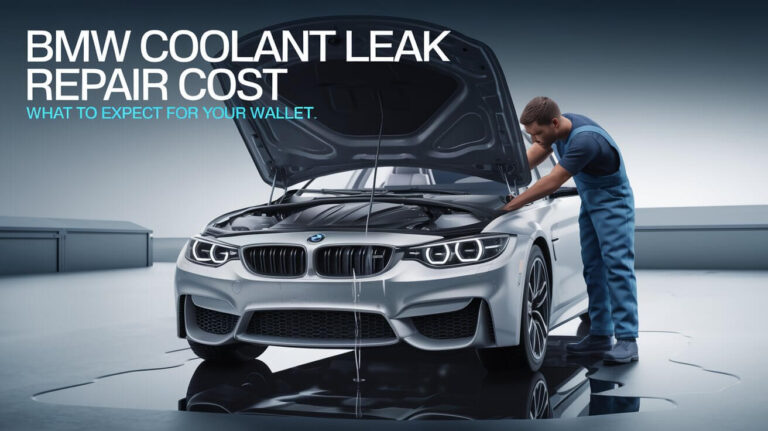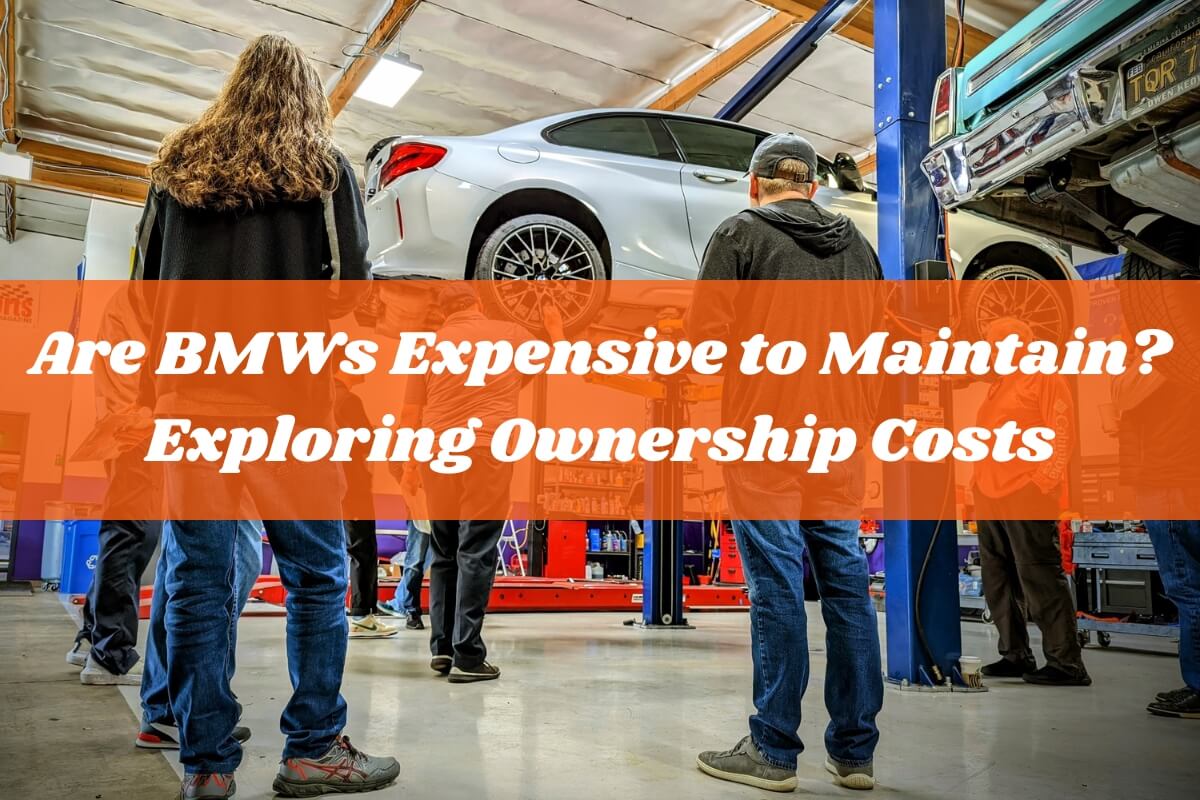
Owning a BMW is a dream for many driving enthusiasts – these German-engineered vehicles epitomize luxury, performance, and prestige. However, the burning question for potential buyers is: Are BMWs expensive to maintain? The short answer is yes, BMWs generally cost more to maintain than mainstream brands. But let’s dive deeper into the details to understand the true costs of keeping your BMW running smoothly.
In this comprehensive guide, we’ll explore the average maintenance costs for BMWs, compare them to other luxury brands, highlight common repair expenses, and provide tips to minimize ownership costs. By the end, you’ll have a clear picture of what to expect when it comes to maintaining your “Ultimate Driving Machine.”
Average BMW Maintenance Costs Explained
According to RepairPal, a leading provider of auto repair cost estimates, BMW owners can expect to pay an average of $968 per year on maintenance and repairs after the factory warranty expires. This figure is a staggering 48% higher than the industry average of $652 for all vehicle brands.
What contributes to these higher maintenance costs? Several factors play a role:
- Complex Engineering: BMWs are renowned for their advanced engineering and cutting-edge technology. While these features enhance the driving experience, they also make the vehicles more complex to service and repair, often requiring specialized tools and expertise.
- Premium Materials: BMWs are built with high-quality materials, such as aluminum instead of stamped steel, which can be more expensive to work with and replace.
- Labor Costs: Due to the complexity of BMWs, labor costs for maintenance and repairs tend to be higher than average, as mechanics require specialized training and certifications.
Some common maintenance items that contribute to the higher costs include:
- Oil Changes: Expect to pay between $130 and $180 for a BMW oil change, including parts, fluids, and labor.
- Brake Pad Replacements: Replacing the brake pads on both axles can cost around $600, but the price can skyrocket if you opt for higher-performance pads.
- Engine Cylinder Head Gasket Replacement: While the gasket itself may only cost $130, a BMW service center can charge over $2,500 for the labor involved in this repair.
Costs for Popular BMW Models
Maintenance costs can vary depending on the specific BMW model you own. Here’s a breakdown of average annual maintenance costs for some popular BMW models, according to RepairPal:
- BMW 3 Series: Around $900
- BMW 5 Series: Over $1,000
- BMW X Series (SUVs): Around $1,000
It’s worth noting that these figures are averages, and your actual costs may vary based on factors such as your driving habits, the age of your vehicle, and the location where you have it serviced.
How Do BMW Maintenance Costs Compare to Other Luxury Brands?
While BMWs are undoubtedly on the pricier side when it comes to maintenance, they’re not alone in the luxury segment. Here’s how BMW’s maintenance costs compare to some other high-end brands:
- Mercedes-Benz: $908 average annual maintenance cost
- Audi: $987 average annual maintenance cost
- Jaguar: $1,123 average annual maintenance cost
- Land Rover: $1,173 average annual maintenance cost
As you can see, BMW’s maintenance costs are comparable to other European luxury brands like Mercedes-Benz and Audi, but slightly lower than Jaguar and Land Rover. While luxury vehicles generally require more expensive upkeep, BMWs fall somewhere in the middle of the pack.
Common BMW Repair Costs to Watch Out For
In addition to routine maintenance, BMWs may also require more significant repairs over time. Here are some examples of common repair costs for BMWs:
- Fuel Injector Replacement (BMW 328i): $1,000 to $1,200
- Starter Replacement (BMW 328i): $559 to $769
- Suspension Ball Joint Replacement (BMW X3): $214 to $261
- A/C Evaporator Replacement (BMW X3): $1,616 to $2,012
These repair costs can add up quickly, so it’s crucial to stay on top of your BMW’s maintenance schedule to catch potential issues early and prevent more expensive repairs down the line.
Tips to Reduce BMW Maintenance Expenses
While owning a BMW comes with higher maintenance costs, there are several strategies you can employ to minimize these expenses:
- Follow the Maintenance Schedule: Adhering to your BMW’s recommended maintenance schedule can help prevent costly repairs by identifying and addressing potential issues early on.
- Consider BMW’s Maintenance Plans: BMW offers various maintenance plans, such as BMW Ultimate Care and BMW Ultimate Care+, which cover scheduled maintenance services for a set period or mileage. These plans can provide cost savings and peace of mind.
- Explore Extended Warranty Options: Both BMW and third-party providers like Endurance, Carchex, and CarShield offer extended warranty plans that can cover repairs after your factory warranty expires, potentially saving you thousands of dollars.
- Find a Reputable Independent Mechanic: While dealerships are convenient, independent BMW mechanics can often provide the same quality service at a lower cost. Just be sure to research their reputation and expertise thoroughly.
By following these tips, you can help mitigate the higher maintenance costs associated with BMW ownership and ensure your vehicle remains in top condition for years to come.
Is Buying a BMW Still Worth It Despite Higher Maintenance?
At the end of the day, the decision to purchase a BMW comes down to your priorities and budget. While the higher maintenance costs are a reality, many driving enthusiasts find that the unparalleled performance, luxury, and prestige of owning a BMW outweigh the added expenses.
If you’re passionate about driving and can comfortably accommodate the maintenance costs into your budget, a BMW may be worth the investment. However, if you’re primarily focused on minimizing ownership costs, a more mainstream brand might be a better fit.
It’s also worth considering that proper maintenance and care can extend the lifespan of your BMW, potentially offsetting some of the higher upfront costs over time.
The Bottom Lines
In conclusion, are BMWs expensive to maintain? The answer is a resounding yes – BMW maintenance costs tend to be higher than the industry average, often running close to $1,000 per year after the factory warranty expires. However, this premium price tag is often expected for luxury vehicles with advanced engineering and premium materials.
While the maintenance costs may seem daunting, BMW enthusiasts often find that the exceptional driving experience and prestige of owning a BMW justify the added expenses. By following the recommended maintenance schedule, considering extended warranty options, and finding a reputable mechanic, you can help mitigate these costs and enjoy your “Ultimate Driving Machine” for years to come.
Ultimately, the decision to purchase a BMW should be weighed against your personal priorities, budget, and driving preferences. For those who value performance, luxury, and an uncompromising driving experience, the higher maintenance costs of owning a BMW may be a worthwhile investment.

